Toilet4me - Personalised toilets for active living

The Toilet4me project addressed older people and the needs they have when using a toilet outside home in semi-public environments (e.g. toilets located in community centres, shopping malls, museums, theatres, hotels).
Project Homepage: http://toilet4me-project.eu/
Team: Paul Panek, Peter Mayer
The vision of Toilet4me was to develop and provide an ICT-enhanced toilet system which is able to adapt itself to the individual needs and preferences of the older person currently using the toilet.
TrustRobots Doctoral College
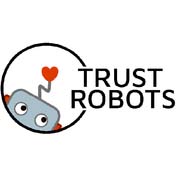
From September 2018 TU Wien has established an interdisciplinary Doctoral College (DC) on “Trust in Robots – Trusting Robots” to foster cutting-edge research in robotics and AI at the TU Wien. The main objective of the DC is to comprehensively analyse “trust” in the context of robot technology from various perspectives including but not limited to social sciences and economics, computer science and mathematics, electrical and mechanical engineering, and architecture.
UNIKATE
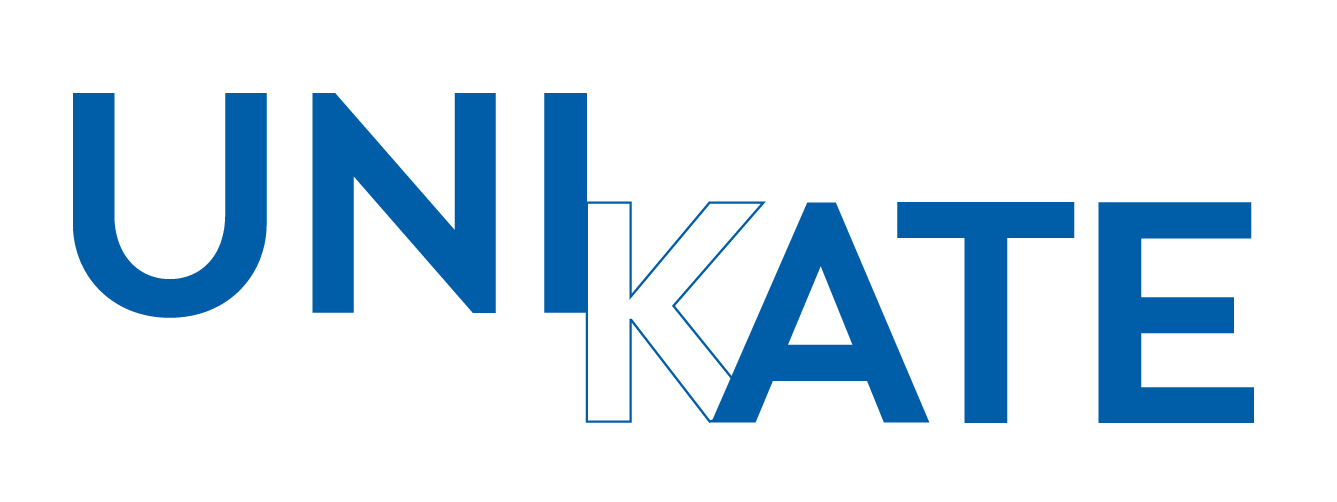
The UNIKATE Prize rewards ideas for new technological developments that enable people with disabilities to have more self-determination and more equal participation in society. The prize is aimed at students with creative ideas and a technical background who want to develop an inclusive technology - a UNIKAT - together with a person with disabilities.
Project Homepage: https://www.behindertenrat.at/projekte/unikate-ideenwettbewerb
Team: Paul Panek, Peter Mayer, Georg Edelmayer, Christopher Frauenberger
The call is open each year until beginning of November. The call text (in German) can be found here: https://www.behindertenrat.at/2022/01/unikate-start-der-ausschreibung/
Urban Food Spots
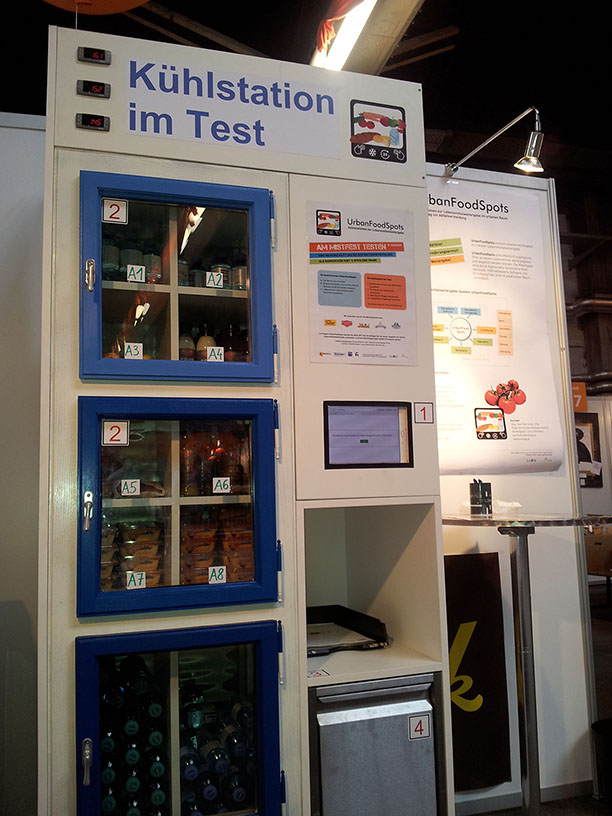
Urban Food Spots – Development of the basics for gender and diversity sensitive cooling stations for foodsharing in urban areas (2015 – 2017), financed by: Österreichische Forschungsförderungsgesellschaft (FFG)
70.000 tons of originally packed or opened food of households, industry or trade, are disposed of into Viennese residual waste, while at the same time 22,7 % of the inhabitants are at risk of poverty. To take counteractive measures, this project develops the base for an area-wide, low-threshold offer to share food on a local level, including all relevant gender and diversity aspects in the development of cooling stations. The so called UrbanFoodSp ots consist of a cooling station and an information system. The UrbanFoodSpots assemble the needs of the various groups of users and will be developed to be realised in different places and organisational forms.
Versteckte Technologien? Exploring the Hidden Technologigcal Labour of Service Workers
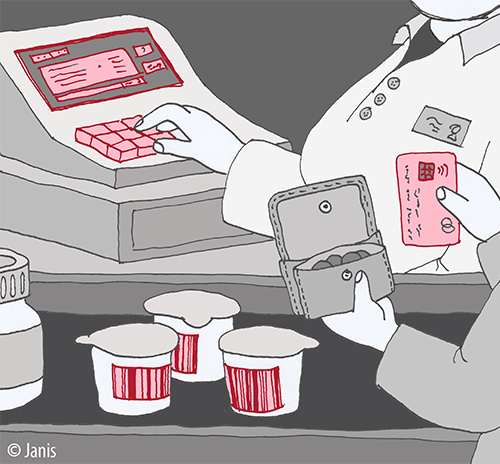
Digitalisation has transformed work, jobs, and working environments. Research has paid a lot of attention to topics such as “industry 4.0”, gig economy and digital employment. However, it is often overlooked how digitalisation has also affected the (often female-dominated) occupations of the service sector. Which (hidden) technological labour do retail employees or mobile care workers perform on a daily basis?
This research question is addressed by an interdisciplinary team of researchers that brings together feminist perspectives from social, spatial and technological sciences. The aim is to place explicit focus on the rarely visible technologies and digital competencies that service workers already employ in their service provision. By bringing their often hidden efforts to the frontstage, we seek to contribute to political debates on revaluating these often underrated and underpaid occupations.
Visual Analytics for Sense-Making in Criminal Intelligence Analysis

The VALCRI project is funded by the EC to undertake R&D with a view to developing an integrated software support system for police forces across partner countries. This software system, known as VALCRI, will be used by police analysts to investigate crimes and crime-related behaviour, complementing and enhancing current police capabilities. The consortium includes partners and activities aimed at designing the technology from cognitive, legal, ethical and privacy perspectives so that the rights of the individual to security and liberty will be respected while ensuring the good of society.
Viz4PAIS - Visualization Techniques for Process-Aware Information Systems

The Viz4PAIS (Visualization Techniques for Process-Aware Information Systems) project is an initiative from the Workflow Systems and Technology Research Group, Faculty of Computer Science, University of Vienna and we are one of their partners. The goals of the project are (a) to develop and design user centered visualization approaches and (b) to create a community to unify and nurture the development of process visualization topics as a continuing research area.
WAALTeR

The AAL project - short for Active & Assisted Living - aims to develop age-approriate assistance systems for an active, independent and self-determined life.
WAALTeR is the research project of the “Wiener AAL Testing Region”, that is: the Vienna AAL Testing Region.
In this Vienna AAL testing region, we examine how technological assistance in the everyday lives of senior citizens support their activity and mobility, social interactions, safety and health - and how they can contribute to raising the quality of life for older adults in Vienna.
Way·Key - mobility assistant for people with dementia
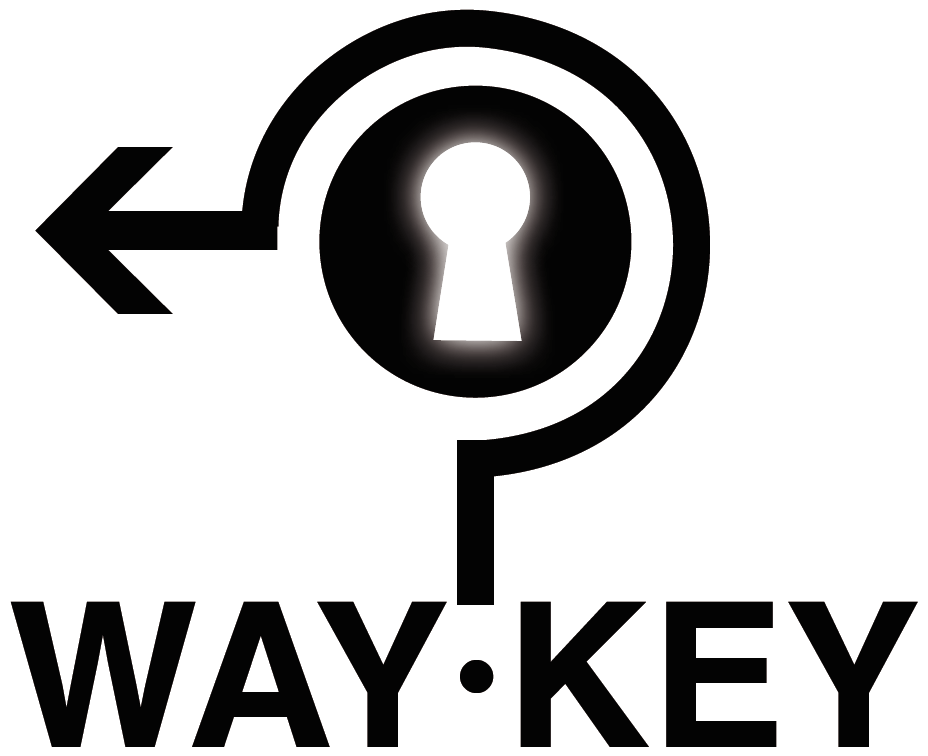
In Austria about 1.2% of the population or a total of ca. 130.000 persons are affected by dementia. The increase of life expectancy will lead to a growing number of people affected in the future. Maintaining mobility can at least help delay the advance of dementia symptoms. Lack of movement is considered to be one of the prevalent risk factors for dementia in the USA and Europe. Encouraging mobility of people with dementia poses risks like getting lost or falling. For this reason technological solutions mostly focus on monitoring and restricting or even inhibiting the mobility of persons with dementia. Often considered stakeholder groups in the design and implementation of technological solutions are care personnel and relatives, making persons with dementia only passive users in the functional chain. Whenever attempts were made to increase independent mobility of people, smartphones or smart watches were used, which are known to be difficult to handle for this user group.
WCBuddy - Supporting Use of Toilet by Guidance

Based on project partners’ products “iToilet” and “fearless”, the feasibility of supporting cognitively impaired people while using the toilet will be explored.
Project Homepage: https://www.aat.tuwien.ac.at/wcbuddy
Team: Paul Panek, Peter Mayer
By means of intelligent recognition of relevant usage actions (fearless, iToilet sensors) customized usage instructions are to be given via the dialog system of iToilet. This should promote the autonomy of the users in a taboo area and relieve the caregiver. The project aims to identify user / supervisor requirements from practice and risk assessment regarding an implementing R & D project and the market outlook through laboratory simulation of appropriate technologies. The project was successfully completed. On June 29, 2020, the successful demonstration of a WCBuddy laboratory prototype took place at the day care center Lichtblick in Steyr. The prototype reacts to user behavior with configurable instructions as an image or video in combination with text and audio. A functional demonstrator has been set up in the laboratory of TUW. The technical, economic and ethical findings developed together with experts are documented in the final report.